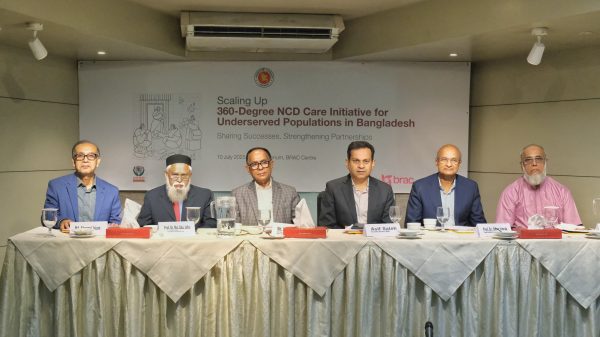Understanding Primary Immunodeficiency: Symptoms, Causes, and Prevention

- Update Time : Monday, November 18, 2024

Primary immunodeficiency disorders, also known as primary immune disorders, are genetic conditions that weaken the immune system, making individuals more prone to infections. While more than 300 types of these disorders exist, symptoms and severity can vary significantly, from mild cases detected in adulthood to severe conditions identified shortly after birth.
What Are Primary Immunodeficiency Disorders?

Primary immunodeficiency disorders occur when an individual is born with incomplete or malfunctioning immune defenses. These conditions are often inherited, caused by defects in the genetic code responsible for producing immune cells.
Common symptoms include frequent or severe infections, delayed growth, autoimmune disorders like lupus or type 1 diabetes, and issues such as anemia or digestive problems. Early diagnosis and treatment are critical to preventing long-term complications like organ damage or increased cancer risk.
Managing the Risk

While these disorders cannot be prevented due to their genetic nature, individuals with weakened immune systems can reduce infection risks by practicing good hygiene, maintaining a healthy diet, staying active, and managing stress. Consulting a doctor about appropriate vaccinations is also advised.
Advancing Treatment
Ongoing research has improved treatments, helping to boost immune function and enhance the quality of life for those with primary immunodeficiency disorders. Genetic counseling can also guide individuals with a family history of these conditions in planning for the future.









Leave a Reply